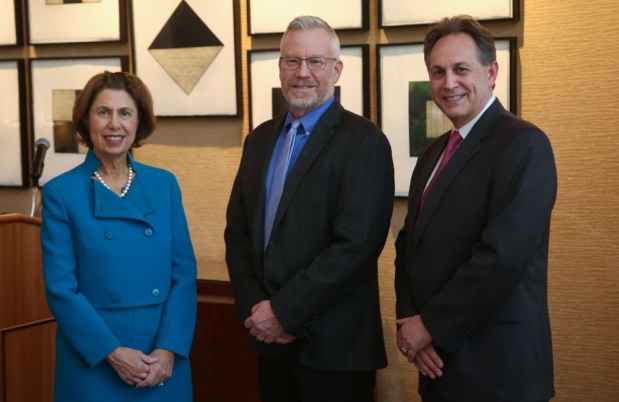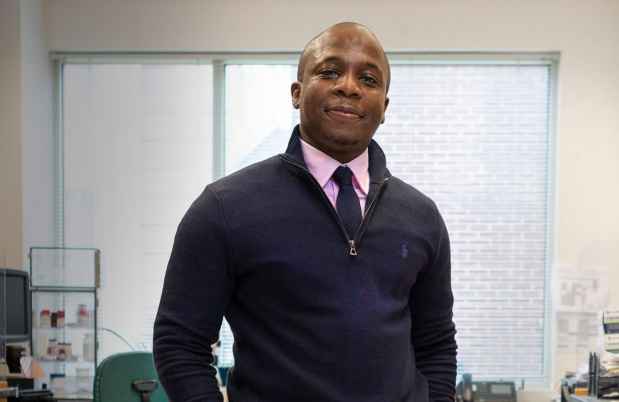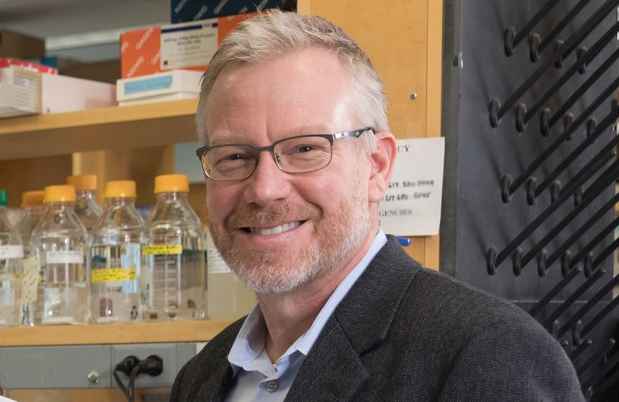Harvard Brain Tissue Resource Center
Brain Donation is a Gift of Knowledge
The Harvard Brain Tissue Resource Center (HBTRC), established at McLean Hospital in 1978 and known as the Brain Bank, is a centralized resource for the collection and distribution of human brain specimens for brain research. The Brain Bank collects brain and tissue samples from across the United States and distributes them to investigators all over the world.
A brain donation is a gift of knowledge to all of us, and it is of critical importance for our understanding of brain disorders.
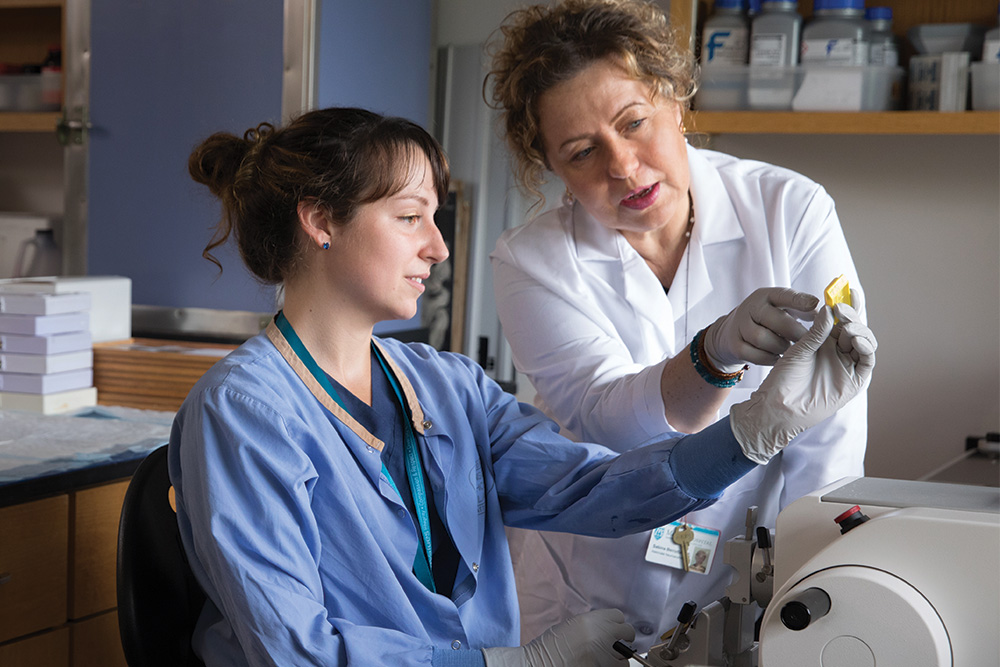
Studies on the human brain are essential to discovering the biological causes of brain disorders. They provide unique access to the brain at the molecular and cellular level, thus allowing researchers to increase our knowledge of changes that happen in the brains of people struggling with these disorders. Such knowledge is critical to prevention and development of new therapeutic treatments.
Scientists from top academic and medical centers request tissue from the Brain Bank for their research. Since the majority of these studies can be carried out on a very small amount of tissue, each donated brain provides a large number of samples for many researchers. However, in order to conduct valid experiments, it is necessary to supply researchers with a variety of brain specimens.
We are grateful for philanthropy support from the Manton Foundation and other individuals and foundations. This support helps the Brain Bank to foster your gift of knowledge.
The HBTRC is part of the NeuroBioBank, which is funded by the National Institute of Mental Health (NIMH), National Institute of Neurological Disorders and Stroke, and Eunice Kennedy Shriver National Institute of Child Health and Human Development.
Daytime Contact (8:30am-5pm EST)
Phone: 617.855.2400
Fax: 617.855.3199
Email: @email
After Hours Contact (5pm-8:30am EST)
Phone: 800.BRAINBANK (800.272.4622)
Fax: 617.850.8711
Email: @email
Brain Donor Registration
Becoming a prospective tissue donor is easy. Any person 18 years of age or older can donate.
Once complete, the form can be returned either through the mail or by fax:
Harvard Brain Tissue Resource Center
McLean Hospital
115 Mill Street, Mail Stop 138
Belmont, MA 02478
Fax: 617.855.3199
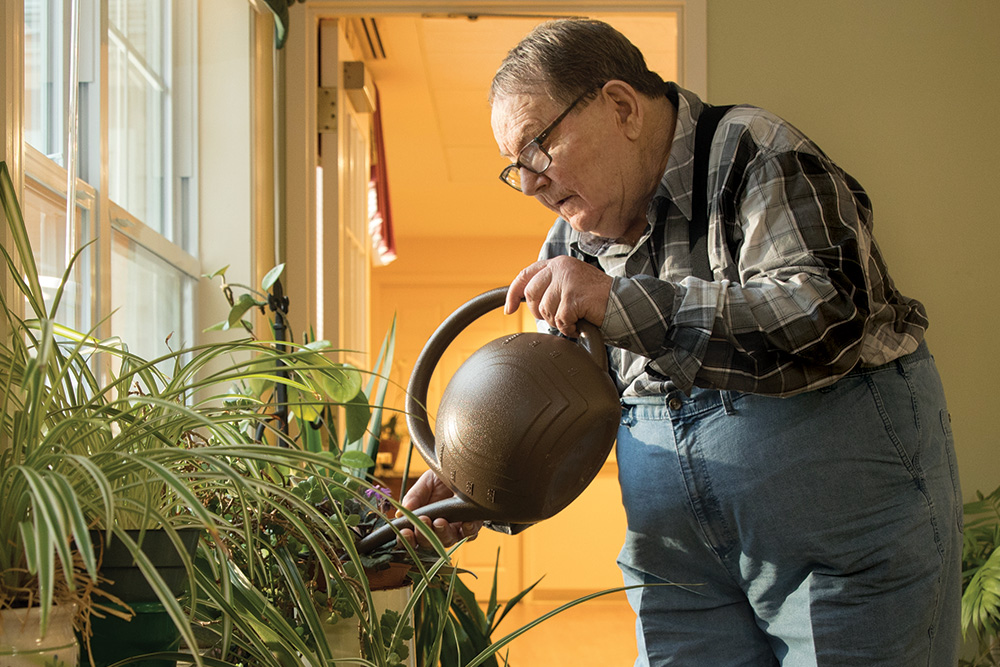
If you have registered for potential brain donation at the Brain Bank, it is most important to inform your family and make sure they know to call us (immediately) at the time of your death. We must rely on your legal next of kin/legally authorized representative to contact the Brain Bank in order to follow through on your request to donate your brain.
Being registered as a donor with the Brain Bank is not needed to proceed with a brain donation. However, it is often a good way to let your family and caretakers know about your intentions.
At the time of the death of a potential donor, the legal next of kin will need to be available to review and sign an informed legal consent for the donation to the Brain Bank. This is because an individual’s body becomes the property of their estate at the time of their death.
A registration for brain donation can be withdrawn at any time by writing to the HBTRC.
Steps for a Successful Donation
- Have a family discussion about brain donation. Don’t forget to inform health care providers and funeral professionals.
- At the time of impending death and/or at death, family members or caretakers should call 800.BRAINBANK (800.272.4622).
- Brain Bank staff members can be reached by phone 24/7 to guide you through the process of brain donation.
- Brain Bank staff will first carry out a screening process to determine whether it is possible to accept the brain donation. For instance, we may not be able to accept brain donations from people who died because of a stroke, because there may be too much damage to the brain for it to be used for research.
- Once our staff members confirm that the Brain Bank can accept the brain donation, they will guide the legal next of kin/legal representative through the consent process. The complete and signed Informed Consent form must be received by our staff in order to proceed with the brain donation.
- Our staff will coordinate with qualified professionals in the area who will harvest the brain tissue at a local facility. Brain recovery often takes place in a funeral home or hospital. The brain needs to be removed and shipped to the Brain Bank at McLean Hospital within hours following the death of the donor.
- Finally, it is essential that we also receive detailed information about the brain donor. A few days after the brain donation, the staff will send the legal next of kin instructions and forms to guide them through the process of releasing the donor’s medical records and filling out a questionnaire about the brain donor.
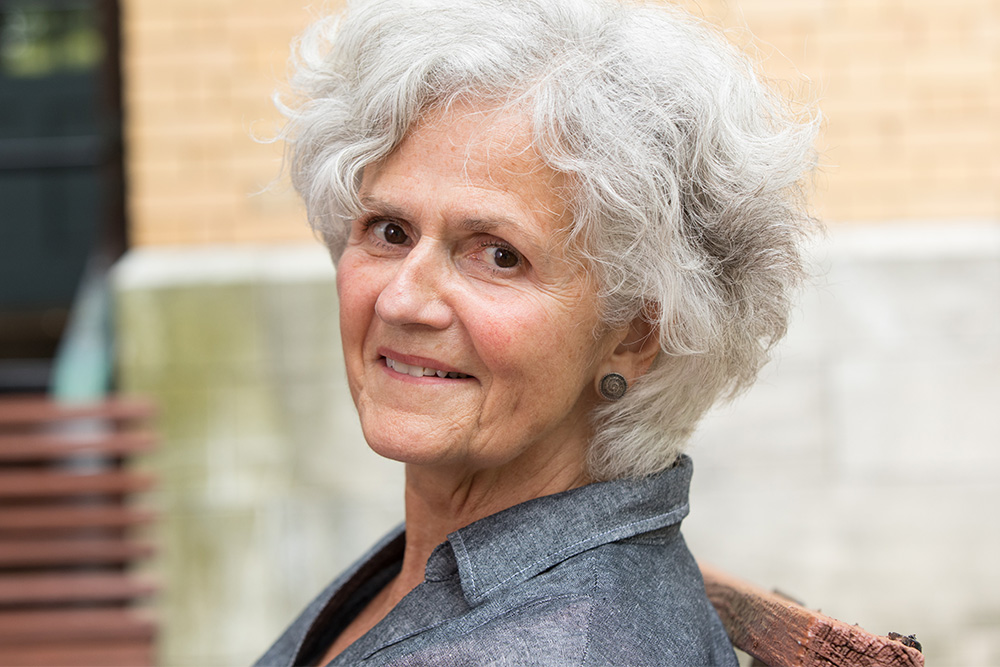
Things You Should Know
- The identity of each donor will remain strictly confidential
- The Brain Bank provides a variety of portals to send confidential information securely
- Religious groups including Protestant, Catholic, Jewish, and other faiths support organ and tissue donation as a charitable gift of life consistent with the basic tenets of these faiths
Our Collections
The Brain Bank gratefully accepts brain donations from people diagnosed with various brain disorders as well as from individuals not affected by these disorders. We accept donations from individuals with conditions such as the ones listed below.
Normal Controls (No Brain Disorders)
- In order to perform research on brain disorders, it is vital to collect brains from individuals without brain disorders (controls)
Psychiatric Disorders
- Bipolar disorder
- Borderline personality disorder
- Depression
- Obsessive compulsive disorder
- Post-traumatic stress disorder
- Schizophrenia
- Eating disorders
- Tourette syndrome
Neurological Disorders
- Amyotrophic lateral sclerosis (ALS)
- Corticobasal degeneration
- Frontotemporal dementia
- Huntington’s disease/HD relatives “at risk”
- Multiple sclerosis
- Multiple system atrophy
- Parkinson’s disease
- Traumatic brain injury (chronic traumatic encephalopathy)
Neurodevelopmental Disorders
- Autism spectrum disorders
- Down syndrome
- Fragile X syndrome
- Rett syndrome
Special Collections
- Dystonia Medical Research Foundation
- Restless Legs Syndrome Foundation
- International Rett Syndrome Foundation
- ROHHAD Fight, Inc.
- International Foundation for CDKL5 Research
- Tourette Association of America
- Foundation for Research and Education on Eating Disorders
- International FOXG1 Foundation
Leadership
 Sabina Berretta, MD, Director
Sabina Berretta, MD, Director
Dr. Berretta is an associate professor of psychiatry at Harvard Medical School. She received her MD from the University of Catania in Italy, before moving to the Massachusetts Institute of Technology in 1990. Dr. Berretta joined McLean Hospital in 1997. Her primary research interest is the pathophysiology of schizophrenia and bipolar disorder. In particular, she focuses on the disruption of the interactions between neurons, glial cells, and extracellular matrix in these disorders.
Staff
The Brain Bank team is dedicated to advancing the study of the human brain and to fostering the future of psychiatry and medicine by supporting every step of the brain donation process. From compassionate communication with donors and their families to coordination with pathologists to compiling and facilitating robust clinical information for every tissue sample in the Brain Bank collection in order to aid future research, the staff at the Brain Bank is committed to excellence.
Information for Pathologists
The important work that we do at the Brain Bank could not be accomplished without the assistance of pathologists across the country.
Currently, there is a growing need for tissue from individuals diagnosed with psychiatric and neurological disorders, and from non-affected subjects. Pathologists are urged to encourage families to donate. A neuropathology report will be provided to both the family and the pathologist (upon authorization by the legal next of kin).
The Brain Bank has established specific requirements surrounding body refrigeration, brain removal, packaging, and shipment. We provide detailed instructions as needed, including this packet of protocols and forms.
Information for Researchers
The Harvard Brain Tissue Resource Center is funded by the National Institutes of Health (NIH), as well as several private organizations, to serve as a vital resource for the collection and distribution of postmortem brain tissues for medical research into the causes of devastating neurological and psychiatric disorders. All tissue diagnoses are confirmed by retrospective review of clinical records and a comprehensive neuropathological examination.
All disbursements from HBTRC are made at no cost to the recipient laboratory. Tissue samples are available in the following preparations:
- Fresh quick-frozen tissue blocks or coronal sections (nitrogen vapor or dry ice frozen)
- Passive frozen hemispheres (custom dissection of specific anatomic regions)
- Formalin-fixed hemispheres (custom dissection of specific anatomic regions)
- Under some circumstances, paraffin-embedded sections may also be available
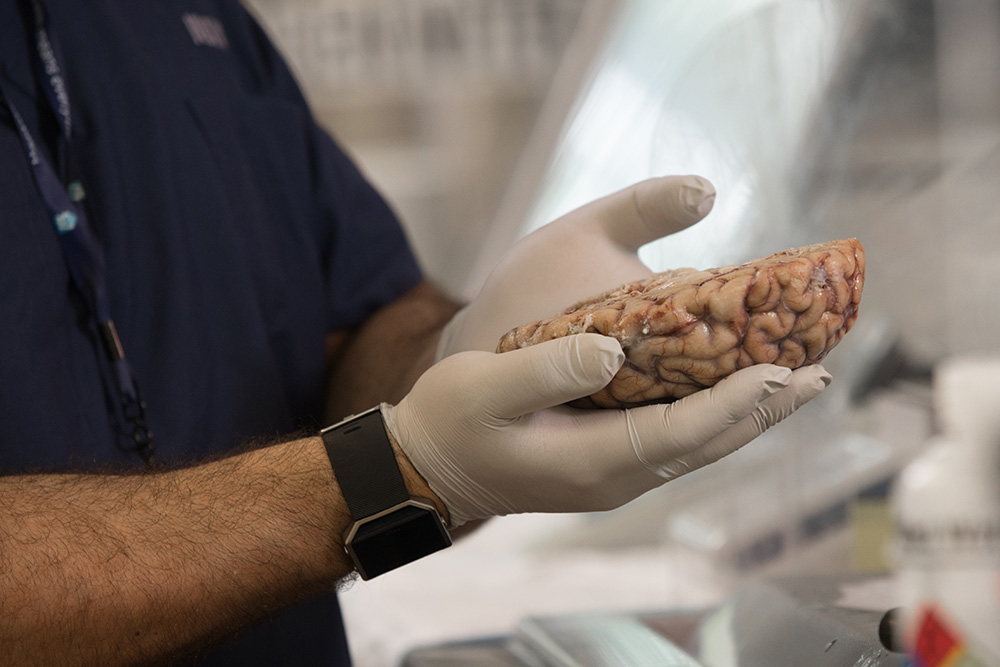
Tissue Requests
The NeuroBioBank, a NIH-funded repository of human brain tissue and associated clinical data, was established in September 2013 as a national, centralized resource so that investigators could obtain high-quality, postmortem human brain tissue and further the understanding of the neurological basis for mental disorders.

